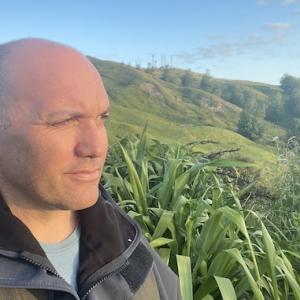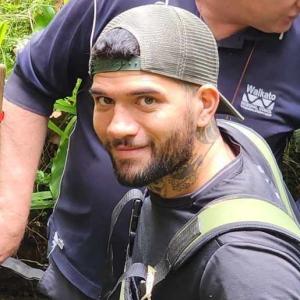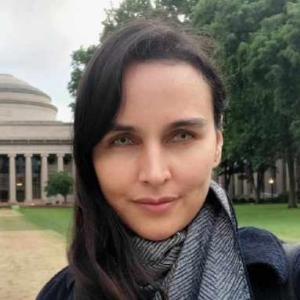Drawing on the experience of Native nations in North America, this paper explores the ways that Indigenous peoples are reclaiming the right to govern themselves according to their own designs and putting those designs into practice by developing institutions that respond both to Indigenous cultures and to legal and political constraints. While recognizing that the situation of Maori in New Zealand is distinctive, the paper argues that the North American experience may offer usable ideas for other Indigenous peoples concerned to regain effective control over their own resources, affairs, and futures.
Stephen Cornell is Professor of Sociology and of Public Administration and Policy and Director of the Udall Center for Studies in Public Policy at the University of Arizona. His Ph.D. is from the University of Chicago. He taught at Harvard University for nine years and for nine more at the University of California, San Diego, before joining the Arizona faculty in 1998. In the late 1980s, Professor Cornell co-founded the Harvard Project on American Indian Economic Development (he continues to co-direct that project today) and in 2000-2001 led the development of the Native Nations Institute at the University of Arizona. He has spent most of the last 25 years working with Indigenous nations on governance, development, and related issues.
He Kōrero | Our Stories
Tairāwhiti local Manu Caddie is a vocal critic of forestry companies engaged in unsustainable land practices in the rohe. He shares his insights on what needs to change".
Last year a new species of fresh water golden clam was discovered in the Waikato awa. Its discovery spurred whānau, hapū and iwi to learn about the invasive species and to mobilise to stop its spread.
Neuroscientist Nicole Edwards is establishing her own lab at the University of Auckland and is eager to tautoko students interested in a career in brain research.


